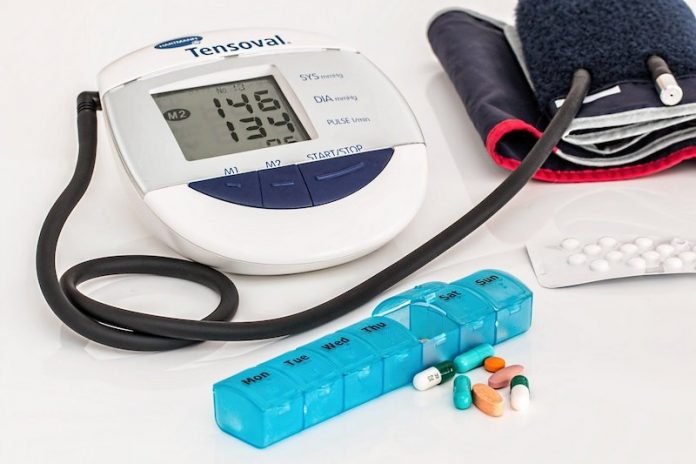
With one in four adults suffering from high blood pressure in the UK and over 1.1 billion people across the globe, it is one of the biggest unsolved global public health issues to date.
High blood pressure is also the leading cause of several other diseases, including chronic kidney disease, stroke, and heart disease.
While some peoples’ blood pressure spikes when they eat high-salt diets, others, called salt-resistant, they are able to get rid of salt more effectively and thus don’t experience changes in blood pressure.
In a recent study from the Boston University School of Medicine, researchers found the key to treating blood pressure might lie in these people who are “resistant” to developing high blood pressure even when they eat high salt diets.
They suggest that one way to combat blood pressure would be to mimic what these people are doing to avoid high blood pressure.
The study is published in Experimental Physiology. The lead author of the study is Jesse Moreira.
The researchers looked at how cells in a specific part of the brain (called the hypothalamus) controlled salt-resistance.
They found a structural change in the cells that allow the cells to change their response to salt.
The team says the finding has strong implications for the development of personalized high blood pressure treatment in the future.
It can help design new therapy that targets the pathway involved in changing cells to bring about salt-resistance in the body.
Copyright © 2019 Knowridge Science Report. All rights reserved.



